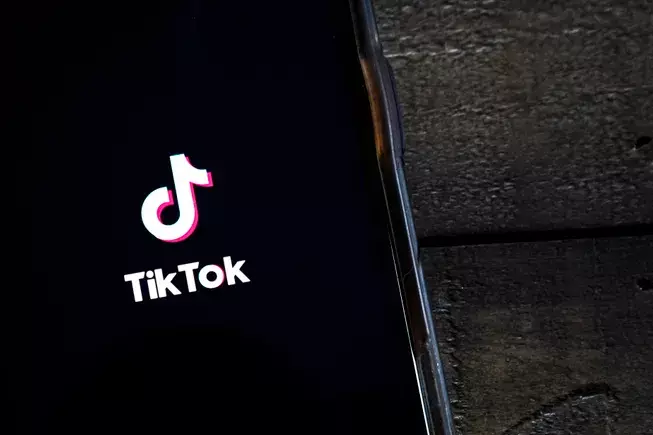As TikTok users across the United States await critical developments, the platform finds itself at a crossroads dictated by legal and political currents. Recent notifications indicate that TikTok will become temporarily unavailable due to a bill requiring its forced sale. This article delves into the complexities of the situation, exploring its implications for users, the company, and the broader political landscape.
The evolving saga surrounding TikTok mirrors the tumultuous intersection of technology and politics in the contemporary era. Initially, the platform was targeted by the Trump administration in 2020 under the pretext of national security concerns linked to its Chinese ownership. This led to a flurry of legal maneuvers, including an attempted ban that ultimately stalled due to a lack of substantive evidence and legal justification. When Joe Biden assumed the presidency, his administration shifted focus and abandoned Trump’s aggressive stance, opting instead for a more measured assessment of potential risks posed by foreign-owned technology platforms.
However, the situation took a dramatic turn with the introduction of the “Protecting Americans from Foreign Adversary Controlled Applications Act,” which has galvanized support for a swift resolution. The law necessitates either the sale of TikTok to an American entity or its removal from U.S. app stores, a quandary that has significant implications for the millions of users reliant on the platform for content creation and social engagement.
The company’s response to the impending shutdown has emphasized urgency. TikTok insists that it is working diligently to find a resolution to the impending restrictions. While there is optimism that negotiations led by the incoming administration might secure a reprieve, the app’s fate currently hangs in the balance. TikTok’s portrayal of the situation as a mere “temporary” issue is an attempt to reassure its user base while navigating treacherous legal waters.
Speculation abounds surrounding the prospect of a 90-day reprieve suggested by Donald Trump, which aims to facilitate negotiations for either a sale to a U.S. company or a partnership that would allow TikTok to maintain its operations unimpeded. Trump’s previous animosity towards TikTok has seemingly evolved into an unexpected allegiance, foreshadowing a potential political pivot that could reinstate the app’s presence on U.S. soil.
Within this climate of uncertainty, the political machinations at play become increasingly crucial. Trump has positioned himself as a supporter of TikTok, likely due to its transformative potential to influence the political sphere through its expansive user demographics. However, it is essential to recognize that the motivations underlying the proposed negotiations are multifaceted.
Trump’s efforts to potentially save TikTok might also cater to a broader narrative, one in which he consolidates his image as a pro-business leader willing to champion American interests. But is this simply a strategic play to galvanize his supporter base and reestablish legitimacy in the wake of prior political controversies surrounding foreign technology?
Furthermore, with TikTok CEO Shou Zi Chew reportedly scheduled to attend Trump’s inauguration, the optics of these interactions suggest a willingness on both sides to engage in a dialogue likely aimed at finding a compromise that satisfies legislative mandates while preserving the app’s U.S. presence. This poses significant questions about the role of political influence in technological governance, particularly in a nation as divided as the U.S.
As the clock ticks towards the deadline for TikTok’s removal, stakeholders including users, businesses, and influencers must grapple with the prospects of a short-lived absence. Despite the substantial uncertainty, there appears to be a genuine likelihood that TikTok will return, albeit potentially under new ownership or operational guidelines. The prospect of the app being resold to an American company or consortium may reshape its future trajectory, impacting content creation and digital marketing strategies for countless influencers who rely heavily on the platform.
Moreover, the narrative surrounding TikTok exemplifies larger questions about data privacy, national security, and the responsibilities of technology companies. As the bidding war ensues, it is pivotal for users to remain aware of the implications these shifts have on their data and digital interactions.
TikTok’s saga is far from over. With significant developments on the horizon and political tides shifting, users may only need to weather a brief storm before the platform re-establishes its foothold in the U.S. The negotiations that unfold in the coming days will not only dictate the fate of TikTok itself but also set precedents for how foreign-owned apps operate within American borders.


Leave a Reply